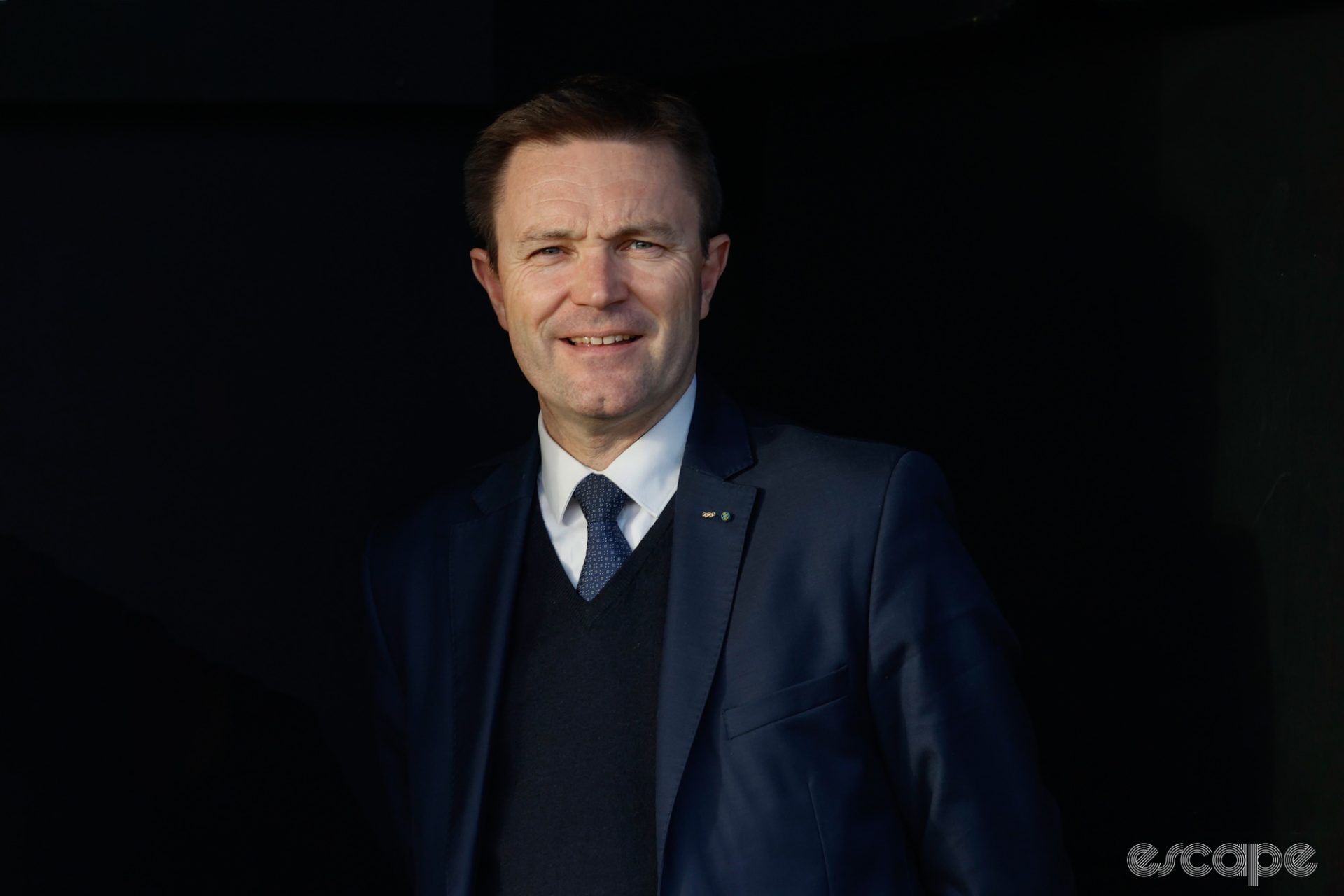Did we do a good job with this story?


The UCI president has just announced his candidacy for the top job in sport. How realistic are his chances of winning, and what would it mean for cycling?
Lappartient at the 2023 World Cyclocross Championships. Photo: Cor Vos.